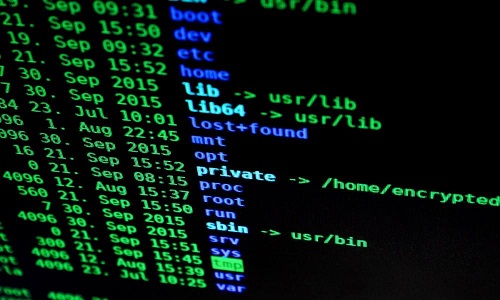Sometimes you may need to save all terminal output to file. This is a basic requirement but many beginners may not be aware that most Linux systems already provide a simple tool called ‘script’ that allows you to record all terminal outputs. In this article, we will learn how to save all terminal output to file.
How to Save All Terminal Output to File
Script utility tool basically saves everything printed on your terminal during the script session. It comes pre-installed on most Linux systems. You can get more details about script command using man.
$ man script
You can start a script session by entering script, followed by the filename where you want to store subsequent terminal outputs. Here is an example to start a script session.
$ script out.txt Script started, file is out.txt
All commands and their terminal outputs, after you enter the above command, will be saved to out.txt file. If you don’t specify any filename after script command, then it will store all commands and their terminal outputs in file named typescript.
Now let us say, that after you start script session, you enter the following command, and get the output shown below.
$ ls file1.txt file2.txt
To exit the script session, enter exit command.
$ exit exit Script done, file is out.txt
Now if you view the contents of out.txt file you will see the ls command as well as its output.
$ cat output.txt Script started on Mon 20 Apr 2021 08:00:14 AM BDT $ ls file1.txt file2.txt $ exit exit Script done on Mon 20 Apr 2021 08:00:21 AM BDT
As you can see, it is stores all commands and terminal output after script command was called, including the exit command and its output.
script command offers many useful options such as -q for quite mode. In this case, it will not show any program messages.
You can use man script command to get more details about it. script is a useful command to save terminal history.
Also read:
How to Remove Startup Applications in Ubuntu
How to Do Port Forwarding in Raspberry Pi
How to Install Raspbian in Raspberry Pi
How to Configure LDAP Server in Ubuntu
How to Install SSL Certificate in Raspberry Pi
Related posts:
How to Copy File to Clipboard in Ubuntu
How to Enable Confirmation for Rm Command
How To Run Multiple cURL Requests in Parallel
How to Completely Uninstall PostgreSQL from Ubuntu
How to Find & Remove Unused Files in Linux
How to Find Files Larger Than 1GB
How to Kill Process Running Longer Than Specific Time
Shell Script to Concatenate Strings

Sreeram has more than 10 years of experience in web development, Python, Linux, SQL and database programming.
